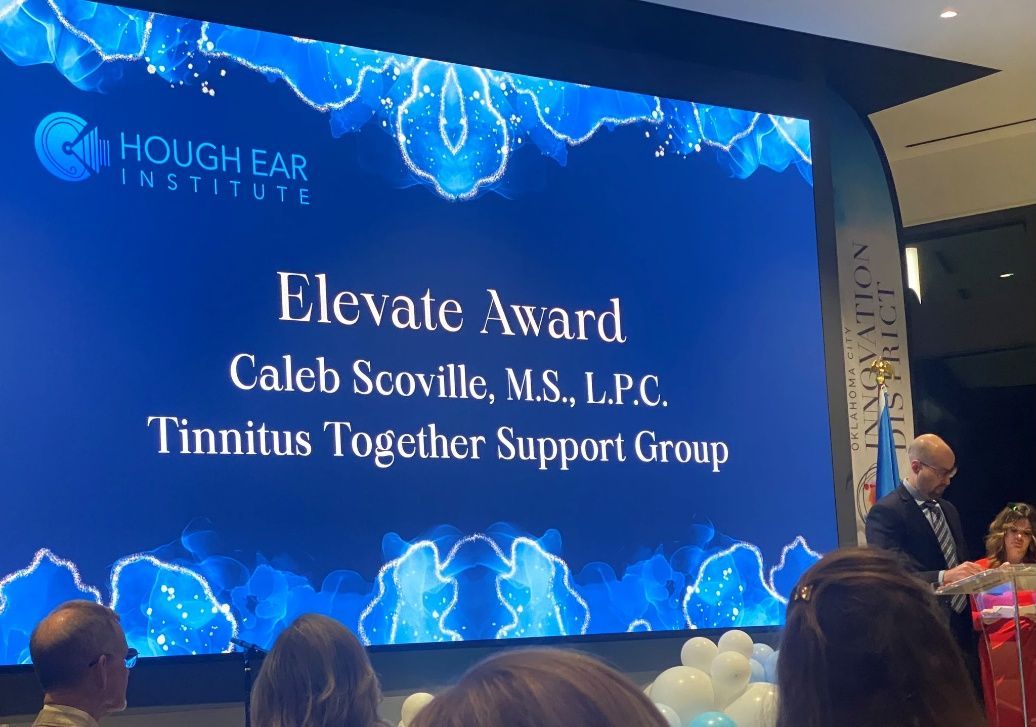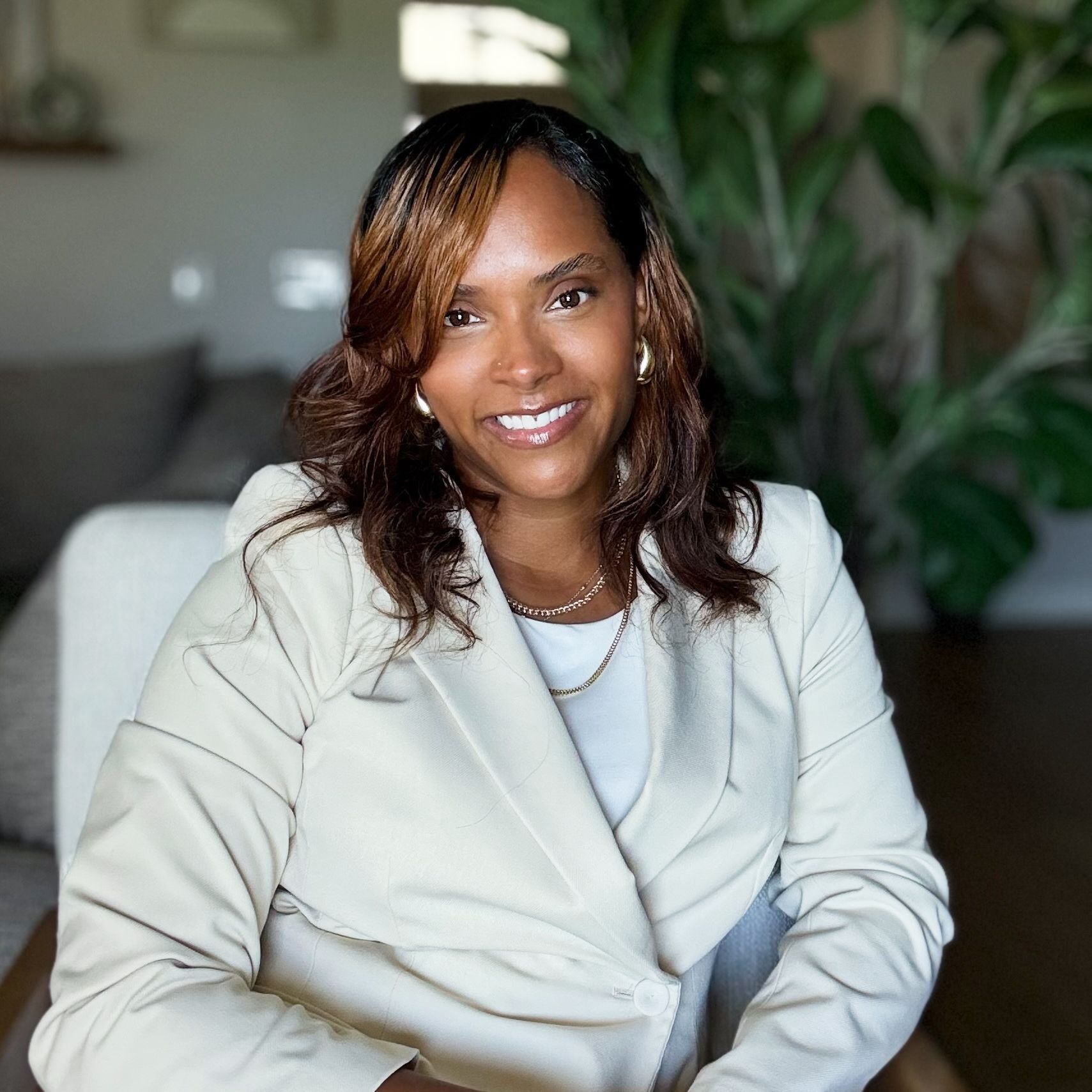Collateral Damage? Collateral Recovery.
By Diane Holland, LPC
Imagine yourself on I-35 driving south to Dallas and suddenly the car in front of you stops. What happens next is a blur but when you wake up all you see is flashing lights, crashed cars and people screaming. What you become very aware of at that exact moment is that you were not the cause of the crash, but you were impacted: I call that collateral damage. As 911 is called and medical personnel show up, you notice that the only one that gets attention or treatment is the car that caused the collision. No other person is treated or assessed for bodily harm and you are left at the scene without anyone noticing. To take it a step further, you are only concerned with the other people in the collision, particularly the one that caused the wreck and do not pay attention to the fact that you are injured too, I like to call this codependency. The differences between the description above and your family relationships is that unlike the car that suddenly stopped, unhealthy relationships are created over time and, only when the crisis occurs do you realize that something has to be done.
You may be asking yourself how does such an unhealthy dependency occur? If you grew up in a family where addiction took place or are living with it now, the collateral damage that happens effects everyone in the immediate family and most of the time extends to friends and extended family, employers, and anyone connected to the family member. When one person takes responsibility for someone else’s actions an unhealthy alliance occurs, the addicted person becomes dependent on the stable family member and the codependency begins.
Growing up with unreliable or unstable parents means taking on the role of caretaker and/or enabler. A child in this situation puts the parent’s needs first. Dysfunctional families do not acknowledge the problem exist. As a result, its members repress emotions such as sadness, anger, rage, fear and disregard their own needs to focus on the needs of the unavailable parent.
As time goes on enablers are rewarded by society for taking care of the needs of others, reinforcing that, this behavior is normal and healthy. It is not until a crisis transpires within their immediate family that the enabler realizes something is wrong.
Most of the time the codependent family will seek help for the family member in trouble, whether it be as a result of alcohol, drugs, legal issues or school problems. Targeted family members maybe angry and resentful that they are being blamed for their family’s issues and that everyone is pointing the finger at them and, neglecting the pain and anger that they too are experiencing. Just like the scenario mentioned in the 1st paragraph, everyone is there to help but only one person is being treated.
The best thing about the collateral damage caused by the codependent family, there is also collateral recovery. Each crisis gives all family members the opportunity to seek recovery. Neglecting your own issues and pain to help someone else does not solve the family problems nor does it help the targeted person trying to recover from their own issues.
If you are wondering if any of this applies to you, ask yourself the following questions:
- Does your sense of purpose involve making extreme sacrifices to satisfy the people you love?
- Do you have difficulty saying no?
- Do you cover up and make excuses for the person you are enabling”?
- Do you constantly worry about what others think of you?
- Do you feel trapped in your relationships and feel victimized by their behavior?
- Do you keep quiet to avoid arguments?
- Do you spend most of your time worrying that something bad is going to happen to the family member you are overly concerned about?
If you find yourself answering yes to many of these questions, you do not have to suffer alone. You do not have to wait until your loved one seeks help, you can take care of your needs before the crisis happens. You will find that it only takes one person in the family unit to change and the entire family is forced to change, and even though you are not the identified problem, you could be part of the identified solution.
Diane Holland, LMFT is a Licensed Practical Therapist in the State of Oklahoma and, also a clinical member at Transforming Life Counseling Center.







